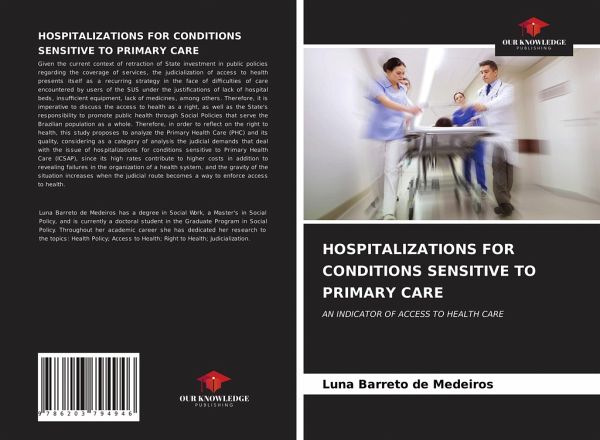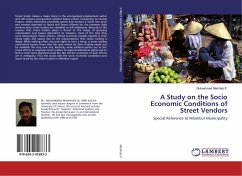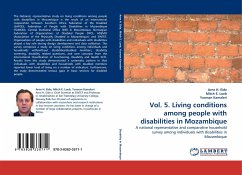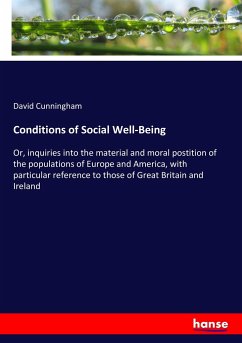
HOSPITALIZATIONS FOR CONDITIONS SENSITIVE TO PRIMARY CARE
AN INDICATOR OF ACCESS TO HEALTH CARE
Versandkostenfrei!
Versandfertig in 6-10 Tagen
27,99 €
inkl. MwSt.

PAYBACK Punkte
14 °P sammeln!
Given the current context of retraction of State investment in public policies regarding the coverage of services, the judicialization of access to health presents itself as a recurring strategy in the face of difficulties of care encountered by users of the SUS under the justifications of lack of hospital beds, insufficient equipment, lack of medicines, among others. Therefore, it is imperative to discuss the access to health as a right, as well as the State's responsibility to promote public health through Social Policies that serve the Brazilian population as a whole. Therefore, in order to...
Given the current context of retraction of State investment in public policies regarding the coverage of services, the judicialization of access to health presents itself as a recurring strategy in the face of difficulties of care encountered by users of the SUS under the justifications of lack of hospital beds, insufficient equipment, lack of medicines, among others. Therefore, it is imperative to discuss the access to health as a right, as well as the State's responsibility to promote public health through Social Policies that serve the Brazilian population as a whole. Therefore, in order to reflect on the right to health, this study proposes to analyze the Primary Health Care (PHC) and its quality, considering as a category of analysis the judicial demands that deal with the issue of hospitalizations for conditions sensitive to Primary Health Care (ICSAP), since its high rates contribute to higher costs in addition to revealing failures in the organization of a health system, and the gravity of the situation increases when the judicial route becomes a way to enforce access to health.
Given the current context of retraction of State investment in public policies regarding the coverage of services, the judicialization of access to health presents itself as a recurring strategy in the face of difficulties of care encountered by users of the SUS under the justifications of lack of hospital beds, insufficient equipment, lack of medicines, among others. Therefore, it is imperative to discuss the access to health as a right, as well as the State's responsibility to promote public health through Social Policies that serve the Brazilian population as a whole. Therefore, in order to reflect on the right to health, this study proposes to analyze the Primary Health Care (PHC) and its quality, considering as a category of analysis the judicial demands that deal with the issue of hospitalizations for conditions sensitive to Primary Health Care (ICSAP), since its high rates contribute to higher costs in addition to revealing failures in the organization of a health system, and the gravity of the situation increases when the judicial route becomes a way to enforce access to health.
Given the current context of retraction of State investment in public policies regarding the coverage of services, the judicialization of access to health presents itself as a recurring strategy in the face of difficulties of care encountered by users of the SUS under the justifications of lack of hospital beds, insufficient equipment, lack of medicines, among others. Therefore, it is imperative to discuss the access to health as a right, as well as the State's responsibility to promote public health through Social Policies that serve the Brazilian population as a whole. Therefore, in order to reflect on the right to health, this study proposes to analyze the Primary Health Care (PHC) and its quality, considering as a category of analysis the judicial demands that deal with the issue of hospitalizations for conditions sensitive to Primary Health Care (ICSAP), since its high rates contribute to higher costs in addition to revealing failures in the organization of a health system, and the gravity of the situation increases when the judicial route becomes a way to enforce access to health.












